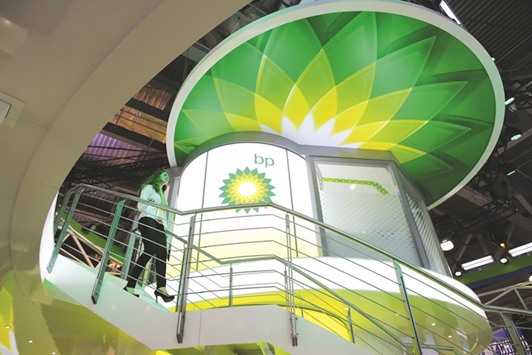BP raised the oil price at which it can balance its books this year to $60 a barrel yesterday due to higher spending following a string of investments as annual earnings fell for a second consecutive year. After the average oil price fell to its lowest in 12 years at $44 a barrel last year, BP said it expected prices to have found a floor for this year at $50 a barrel following a decision by major Opec and non-Opec producers to limit output.
The British oil and gas company, whose fourth quarter profits fell short of street expectations, had previously targeted a breakeven oil price of $50-55 a barrel.
The new target reflects an uptick in planned spending to $16-17bn from $16bn in 2016. BP’s annual underlying replacement cost, its definition of net profit, slumped to its lowest level in at least a decade to $2.59bn, while fourth-quarter profit of $400mn missed analysts’ forecasts by around 30% primarily due to $328mn in one-off charges.
It is the latest oil major to miss forecasts following worse-than-expected results from Royal Dutch Shell, Chevron and Statoil.
“BP are not covering their dividend and they raised their cash breakeven point quite considerably,” said Macquarie equities analyst Iain Reid.
“They are having to pay for what they bought and they are the only company that actually raised their breakeven number,” he said. BP has been on a spending spree in recent months, concluding a string of deals, including in Eni’s giant Zohr offshore gas field in Egypt, contracts in Abu Dhabi and Azerbaijan and a stake in exploration areas off Mauritania and Senegal from Kosmos.
BP reported an annual loss of $542mn in its oil and gas production division, known as upstream, while profits for the refining and trading division were down 25% at $5.6bn.

